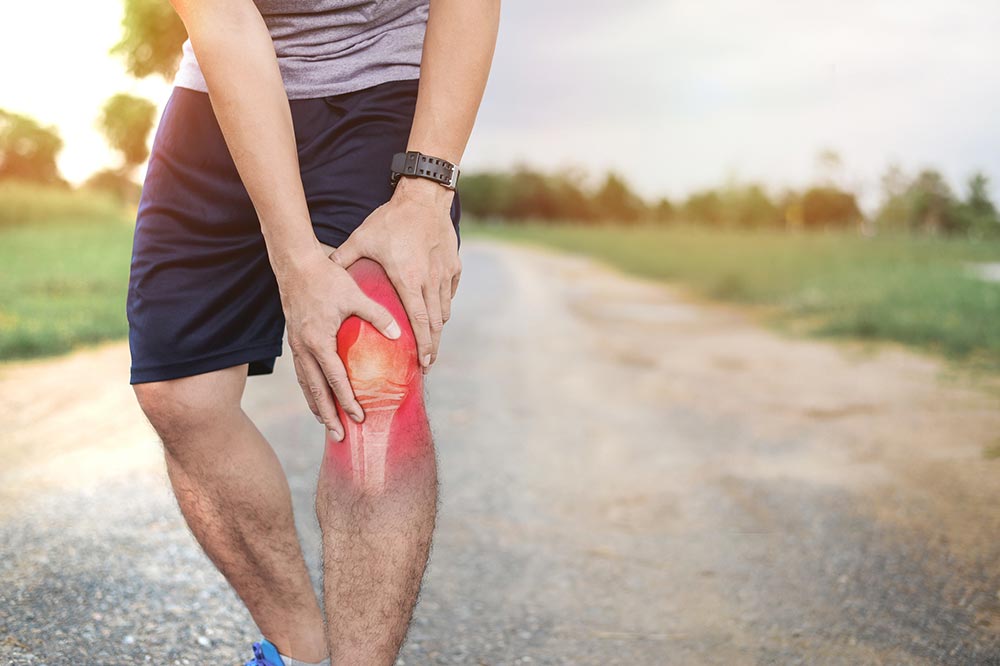Osteoarthritis is not fatal, but it can have such a devastating effect on us that it interferes with our regular activities. We cannot accomplish our daily routine because of the pain, discomfort, and frustration it causes. It restricts our movements and sometimes disrupts our sleep.
It’s a medical illness that can disrupt our everyday lives since we must deal with the physical pain that the condition causes until we can find ways to alleviate the discomfort.
Do you have trouble sleeping because of your osteoarthritis (OA)? Joint discomfort might make it difficult to sleep, but poor sleep can also make your pain worse, thus, creating a nightmare of pain and sleeplessness.
But you don’t have to put up with sleepless nights indefinitely. Check out these basic sleep strategies for those with OA. You might also alter your sleeping habits to avoid aggravating your arthritis pain.
1) Check your mattress and sleeping position
Having osteoarthritis pain means investing in a good and supportive mattress, not hard. This means a big difference in your comfort level and quality of sleep. If you can’t afford a new one, try a mattress topper instead.
Since OA often affects the back and neck joints, sleeping in the wrong position can worsen the discomfort. It is advisable to keep the head, neck, and spine in a straight line. It is best to sleep on your back or side without letting your head tilt too far to one side or too forward or backward on the pillow.
2) Heat therapy before bedtime
Reducing joint pain can be as simple as using heat therapy before going to bed. Using a heating pad for 15 to 20 minutes or soaking in a warm bath could help ease the pain.
3) Picking the right pillows and using them strategically
The right pillow should place your head in line with your spine and not let it dip down too far if you sleep on your side. It should be thick enough to fill the space between the ear and the mattress, never tilting the head up. If you sleep on your back, it shouldn’t bend your neck upward.
If sleeping in a car or a plane, a collar-shaped one is to support the head, so it doesn’t turn to any or one side.
Easing hip and knee pain means using a pillow between the knees for comfort and support. Shoulder pain sufferers can benefit from a wedge pillow and sleeping on their backs.
4) Exercising and staying active for better rest at night
Regular exercise and enough mobility can help lubricate the joints allowing for range in motion. While it eases pain and stiffness during the day, it can assure better sleep quality at night.
Get at least 30 minutes of exercise several times a week, maybe a brisk walk, swimming, water aerobics, or yoga. These are gentle enough for those with OA and can even give more energy during the day aside from easing pain and discomfort. A bonus is better to sleep during the night.
If you are unsure of what exercise is best, consult your doctor.
5) Pain-relieving meds for the night
Pain-relieving medications should be considered if regular exercise, weight loss, physical and heat therapies do not relieve all the pain and discomfort in your achy joints that keep you up at night.
Common prescriptions include ibuprofen, naproxen, and acetaminophen, OTC drugs. Take them an hour before bedtime so it can kick in just as you are about to fall asleep.
However, talk to your doctor or pharmacist first to ensure these pain relievers or other sleeping aids do not interact with your other medications taken during the day. Mention also how long it is OK to take them.
6) Practice smart sleep habits
Simply changing some of our bedtime habits, and bedroom setup can make a world of difference in our sleeping better. Here are some changes you might want to consider:
- Setting a regular bedtime to settle your body into a rhythm that it’s time to fall asleep
- Make your room as dark, cool, and comfortable as you can
- Try to avoid too much caffeine late in the day or at night (coffee, sodas, chocolates, and alcohol)
- Don’t eat a large meal at dinner or close to bedtime. If you are hungry and it’s close to bedtime, opt for a light snack of crackers with a small portion of peanut butter or a small piece of cheese.
- Turn off the phones, gadgets, and other electronics about an hour before bed.
Aside from all the tips mentioned above, maintaining a healthy weight and eating osteoarthritis-friendly foods like the Mediterranean diet will help prevent OA symptoms from worsening and improve your sleep at night.
Remember that arthritis, chronic pain, and insomnia are all curable conditions. If you’re having trouble sleeping due to arthritic pain, schedule an appointment with your doctor to discuss your options. You can also ask about the clinical trials for osteoarthritis you might want to check and participate in.

